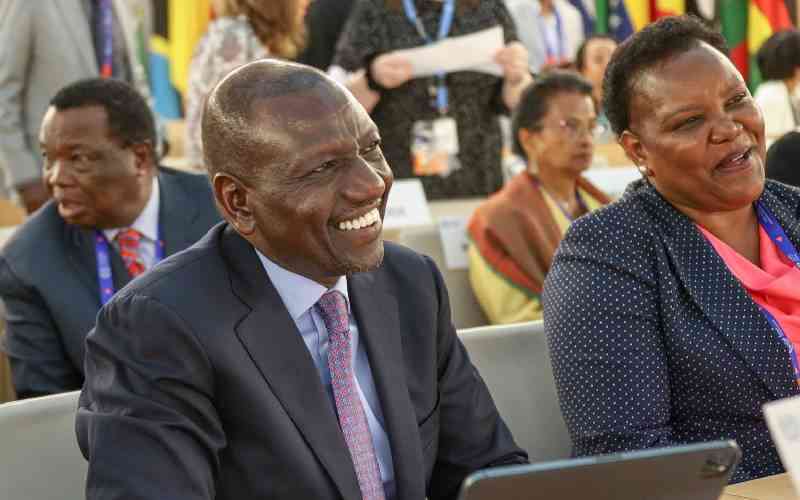×
The Standard e-Paper
Kenya’s Boldest Voice

President William Ruto has asked the International Labour Organization (ILO) to focus more on youth unemployment and other forms of social exclusion.
He said time has come to reconsider the issue of social dialogue in order to enhance its capacity to achieve social justice in its processes as well as its outcomes.